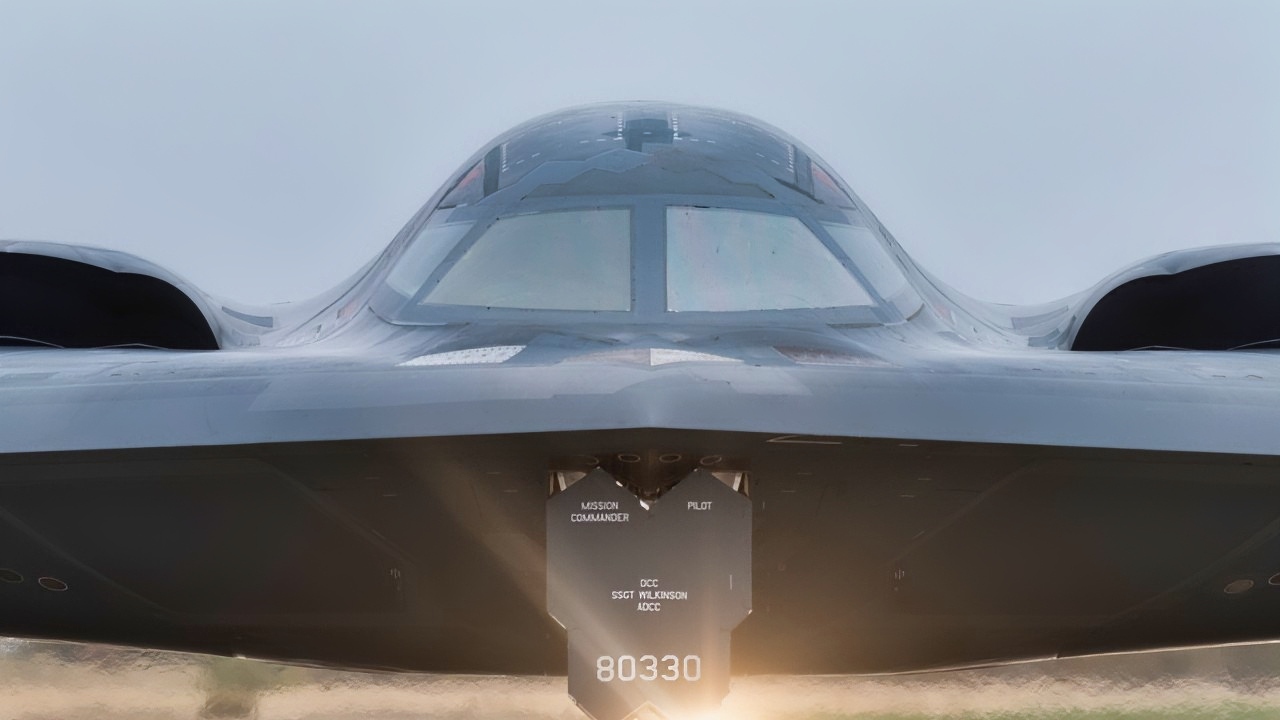Key Points and Summary – In a major escalation, Iran is threatening to withdraw from the Nuclear Non-Proliferation Treaty (NPT) if the West reimposes sanctions.
-The threat is a direct response to an ultimatum from the U.S. and European powers demanding Iran agree to a new nuclear deal by the end of August.
-Quitting the NPT would make Iran only the second country to do so, after North Korea.
-The move would be widely seen as a clear signal of intent to build a nuclear weapon, likely ending international inspections and accelerating military planning by the U.S. and Israel.
Iran Threatens to Withdraw From NPT: Here’s What That Means
Iran has responded to calls from U.S. Secretary of State Marco Rubio and his European counterparts to embrace a new nuclear deal or face the reimposition of pre-2015 sanctions, promising to withdraw from the Nuclear Non-Proliferation Treaty (NPT).
On Wednesday, Iranian Deputy Foreign Minister Kazem Gharibabadi echoed comments made in June by Foreign Ministry spokesman Esmaeil Baghaei. Gharibabadi told reporters that threats to reimpose sanctions could lead to Iran withdrawing from the international pact that limits the spread of nuclear weapons.
Gharibabadi, who is a member of Iran’s nuclear negotiating team, warned that Iran would retaliate if sanctions were reimplemented.
The comments come after the United States, Britain, France, and Germany agreed that if Iran does not agree to a new nuclear deal – or does not demonstrate willingness to engage in new negotiations in good faith – then sanctions would be reimposed on Iran under a “snapback” provision. Iran was given a deadline of the end of August to agree to a new deal that would replace the 2015 agreement brokered under President Barack Obama.
“But, I’m quite confident that if the snapback is triggered, Iran will not show more restraint in this regard,” Gharibabadi said.
In June, Foreign Ministry spokesman Esmaeil Baghaei said that Iranian lawmakers were preparing a bill to withdraw Tehran from the treaty.
“In light of recent developments, we will take an appropriate decision,” Baghaei said, adding that the Iranian government “has to enforce parliament bills, but such a proposal is just being prepared, and we will coordinate in the later stages with parliament.”
What Happens Next?
Should Iran withdraw from the NPT, it would mark a major escalation in the global nuclear crisis and change how the international community approaches Iran’s nuclear program. It would arguably confirm Iran’s intent to build a nuclear weapon, despite years of insisting otherwise. Alternatively, it could signal to the world that Tehran is willing to “change its mind” and restart its uranium enrichment program with the express intent of developing a nuclear weapon. Iran would be the second country to withdraw from the pact, after North Korea exited the agreement in 2003.
Withdrawal would also likely end or restrict access to International Atomic Energy Agency inspectors to its nuclear sites – or what’s left of them. However, Iran’s parliament already passed a bill on June 25 that requires inspections by the IAEA to be pre-approved by the Supreme National Security Council and bars routine surveillance through the use of cameras, reports, and inspections.
The move might also encourage Israel and the United States to accelerate military planning. In recent days, U.S. President Donald Trump confirmed that he would order additional strikes on Iran’s nuclear sites “if necessary.”
About the Author:
Jack Buckby is a British author, counter-extremism researcher, and journalist based in New York. Reporting on the U.K., Europe, and the U.S., he works to analyze and understand left-wing and right-wing radicalization, and reports on Western governments’ approaches to the pressing issues of today. His books and research papers explore these themes and propose pragmatic solutions to our increasingly polarized society. His latest book is The Truth Teller: RFK Jr. and the Case for a Post-Partisan Presidency.
The Best Tanks on Earth
AbramsX: The Tank the US Army Wants










